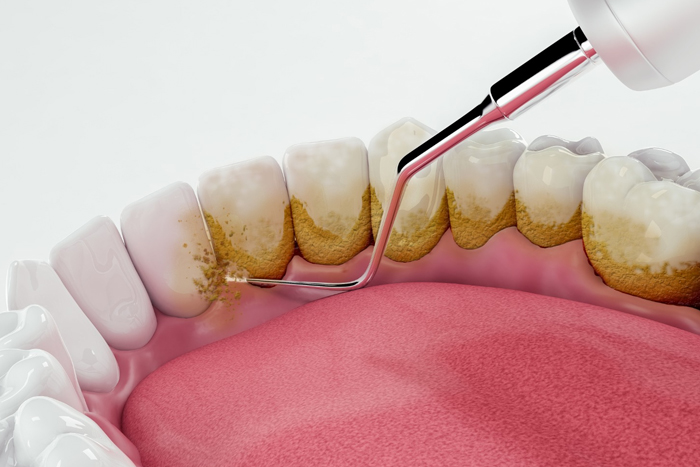
Tartar Cleaning
What is tartar cleaning? How is it done?
Tartar cleaning is the cleaning of plaque and tartar accumulated on the teeth by a dentist using special tools. Plaques that cause tartar formation accumulate on the surface of the teeth over time and can cause tooth decay and various gum diseases. With tartar cleaning, teeth can be cleaned of these accumulations and general dental health can be protected.
What Causes Tartar?
Tartar is a substance formed by the hardening of plaques accumulated on the teeth, also known as tartar. Plaque is a sticky layer that constantly forms in the mouth and contains bacteria, food residues and saliva. If plaque is not cleaned by regular brushing and flossing, it hardens over time and turns into tartar. Tartar is usually formed behind and between the teeth and has a brown appearance.
How is Tartar Cleaned?
Tartar cleaning is a professional application performed by dentists. During the application, the dentist cleans the tartar accumulated on the teeth using special tools. These devices include ultrasonic devices, special braces, and small hand tools. Dentists can insert special tools into the back of your teeth to remove plaque and tartar that has built up on the back of your teeth. For this reason, it is necessary to visit a dentist regularly to have the tartar and plaque removed.
What are the Ways to Prevent Dental Tartar Formation?
In order to prevent dental tartar formation, regular tooth brushing and dental flossing are required. In addition to these, regular dentist visits are also an important factor both in preventing dental tartar formation and in terms of general dental health. Dentists can also make different recommendations in addition to professional applications to prevent the accumulation of plaque and tartar on the teeth. In general, some of the ways to prevent dental tartar formation are as follows:
Brushing teeth: Brushing teeth every day and regularly twice a day is an indispensable practice to prevent dental tartar formation. It is also important to use a soft-bristled toothbrush when brushing your teeth.
Fluoride Toothpaste: Fluoride helps prevent tooth enamel damage. Toothpastes with this content also contain a substance called triclosan. This substance can help fight the bacteria that form tartar.
Using dental floss: It can help prevent tartar and plaque formation by cleaning areas that your toothbrush cannot reach with dental floss.
Gargling: Gargling once a day after brushing and flossing your teeth provides a deep clean. Regular use of antiseptic mouthwash can eliminate plaque-causing bacteria.
Paying attention to your eating habits: High-sugar and starchy foods can accelerate tartar formation by increasing bacterial production. Limiting the consumption of such foods and brushing your teeth after each meal and drinking plenty of water can prevent tartar formation.
Not smoking: Some studies have shown that smoking can trigger gum disease and accelerate tartar formation. For this reason, quitting or reducing smoking if you smoke can prevent this situation.
Not neglecting dental check-ups: Regular visits to the dentist can check tartar formation and clean it if necessary. Thanks to dental check-ups, early diagnosis and treatment can be achieved for gum disease or other dental problems.

